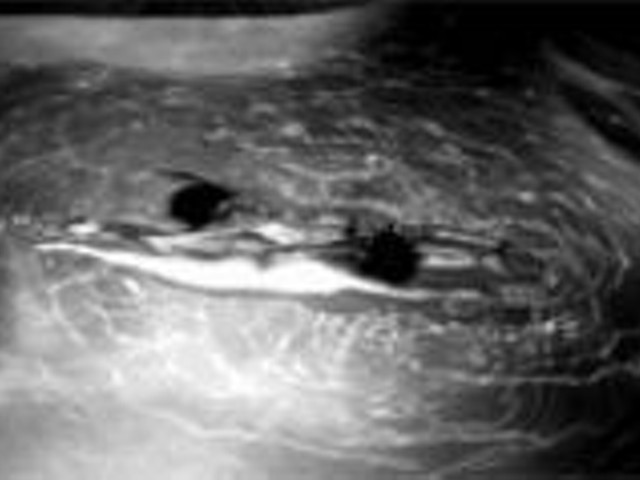Philip Anthony-Rodriguez anchors the show as Darren Lemming, an all-star ballplayer whose announcement that he's gay sends his team into a tailspin. Greenberg then jumps into Stereotypes R Us with the swishy Mason Marzac (Nat DeWolf), Darren's new financial advisor and a baseball neophyte. DeWolf's performance seems over-the-top at first, but it becomes genuine as the play progresses. His monologue on the nature of baseball is almost worth the price of a ticket, and while he seems a bit too giddy at the end, it's hard to know whether that's DeWolf's performance or Greenberg's writing.
Tim Altmeyer, as Darren's verbally adroit teammate Skippy, serves as narrator and has to tangle with some of Greenberg's most difficult dialogue. Many of the characters don't talk like real people, but Skippy suffers the most from obviously composed conversation. Speaking very little but saying volumes with his silences, Ikuma Isaac portrays Japanese pitcher Takeshi Kawabata with restraint and compelling emotion. As the villainous hillbilly bigot Shane Mungitt, Michael Balsley mixes one part menace with two parts genuine ignorance, creating a character who's somehow both distasteful and sympathetic. The rest of the cast supports the team nicely, with the exception of an initially tentative performance by Shawn T. Andrew in the crucial role of Darren's friend Davey Battle. By the second act, Andrew finds his footing, but it's important to establish his relationship with Darren in the first scene, so the impact of his later behavior can be more easily understood.
Director Rob Ruggiero wrestles successfully, for the most part, with Greenberg's complex script. The story initially seems to be about Darren's friendship with Skippy, then shifts to his new relationship with Mason and is further complicated by the intrusion of Shane. When the storylines merge in the second act with a surprising tragic twist, the play turns awkwardly from comedy to drama, with a static confrontation between Skippy, Darren and Shane that falls flat. But just as quickly, the show returns to its witty roots, ending on a surprisingly sweet note.
Scenic designer Adrian W. Jones transforms the Grandel stage into a variety of locations with ease. Scoreboards and stadium lights are used ingeniously, as is a backdrop that evokes an entire baseball diamond in a very small space. Of course the most visually memorable scene has more to do with the six naked men than the working showers, but the technical prowess of Jones and his staff is apparent. Their slick work, combined with Lee Buckalew's adaptation of Janet Kalas' original sound design and John Lasiter's precise lighting design, makes this inaugural production of the Off-Ramp series -- a new season of cutting-edge plays produced by the Repertory Theatre of St. Louis -- flow smoothly.
The experience of Take Me Out is intellectually rich and theatrically complex. Greenberg riffs on a multitude of provocative topics -- identity, language, sexuality, American culture, baseball, power -- and creates a blend of comedy and realism that is intriguing. It's hard to fault a playwright for overfilling his plate, but the show sometimes feels like too much to digest. Perhaps that's why the nudity, rather than being gratuitous, is an essential part of the play; it balances the heady nature of the material with physical reality. And let's face it, who's listening to the words when the guys are lathering up?





